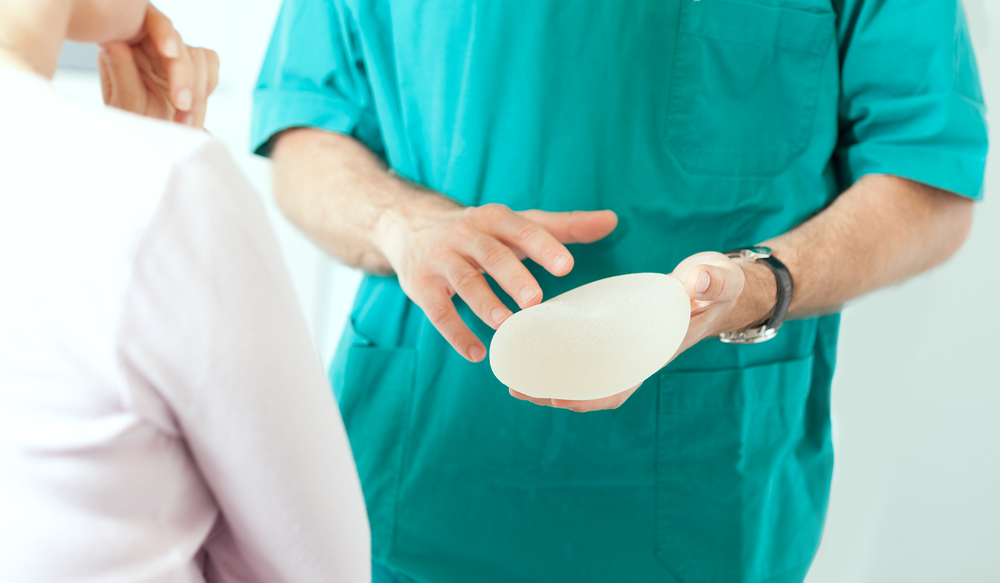Study into breast implants after women complain of ill effects
Lauren Comiteau
More than 200,000 women in the Netherlands have breast implants – that’s one in every 30, according to the best estimates of medical experts.
But thousands of them have complaints ranging from extreme fatigue and night sweats to breathlessness and palpitations.
Amsterdam UMC has been operating a special silicone outpatient clinic for 10 years, trying to understand if the women’s symptoms are linked to their implants.
The ministry of health, welfare and sport has now commissioned a four-year study with Amsterdam UMC and other hospitals and universities to get to the bottom of what is known as BII (Breast Implant Illness).
“We have seen more than 1,400 patients with suspected BII during the last few years,” says Dr Prabath Nanayakkara, head of Amsterdam UMC’s general internal medicine section and head of the Breast Implant Clinic.
Still, he says it’s hard to get an accurate picture of how big the issue is. “However, we know that out of 14,000 women who receive breast implants annually, about 4,000 of them are re-operations. Most of the women have local complaints, but systemic complaints are prevalent and increasing.”
15-month wait
As is the number of women reporting them. It can take up to 15 months to get an initial consult at the silicone outpatient clinic in Amsterdam, the only one in the country.
The women visiting range in age from their 20s to the 70s and include various ethnic groups.
Complaints also include joint pains and muscle aches, hair loss, fever, brain fog and neurological symptoms such as pins and needles.
For Nanayakkara, there’s already a clear link between their symptoms and their breast implants.
“I was certainly sceptical at first,” he says. “But after seeing more than 1,000 women with suspected systemic symptoms associated with implants, I am certain that some women get sick from the implants.
“Some get very sick, even though I don’t think all women with implants get sick. But we also don’t what the very long-term consequences will be.”

Persistent symptoms
To date, the clinic has already found that two-thirds of women who have had their implants removed feel better, with both local and systemic symptoms significantly improving.
Women who have had their implants for over a decade tend to have persistent
symptoms, Nanayakkara says. And almost 60% of women who do develop symptoms have pre-existing allergies that may worsen, sometimes significantly, after getting implants.
The researchers involved in the new comprehensive study are hoping to be able to provide definitive answers about the link between silicone breast implants and illness.
In the meantime, says Nanayakkara, women with implants who have medical complaints should speak with their doctors, starting with their plastic surgeons and then perhaps an internist or immunologist.
“But many doctors have no experience with the problem and therefore this group of patients feels let down and frustrated,” he says.
Hopefully, they will have some answers in the next four years.
Do you want to share your experiences? Contact editor@dutchnews.nl
Thank you for donating to DutchNews.nl.
We could not provide the Dutch News service, and keep it free of charge, without the generous support of our readers. Your donations allow us to report on issues you tell us matter, and provide you with a summary of the most important Dutch news each day.
Make a donation